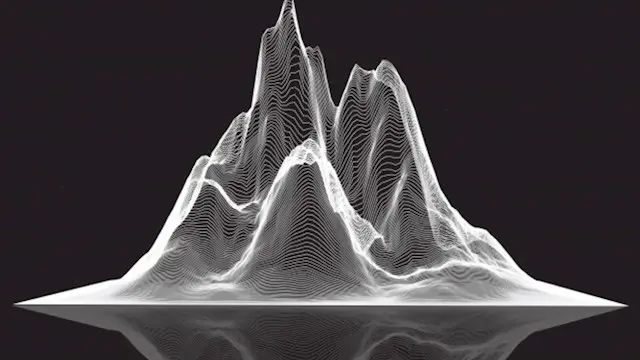
Digital Signal Processing (DSP)
Self-paced videos, Lifetime access, Study material, Certification prep, Technical support, Course Completion Certificate
Uplatz
Summary
- Certificate of completion - Free
- Reed courses certificate of completion - Free
Add to basket or enquire
Overview
Uplatz provides this comprehensive course on Digital Signal Processing (DSP). It is a self-paced course consisting of video tutorials. You will be awarded Course Completion Certificate at the end of the course.
An individual who is not often involved in the field of hearing protection may be unacquainted with the term “Digital Signal Processing.” Also known as DSP, Digital Signal Processing is used by only leading headset businesses to generate a safe experience in unusually loud work environments. Those who are thinking of purchasing a headset may want to reflect the importance of Digital Signal Processing and how it influences the efficiency of overall performance in headset equipment.
Digital Signal Processors (DSPs) comprise of customized hardware to professionally operate sequences of numbers or symbols that contain a signal used in a wide variety of submissions including digital communications and scientific instrumentation. DSPs are used in applications where distinct, raw signals can be captured and revolved into digital data used for real-time analysis. DSPs can process either fixed point numeric data, or floating point data. Applications where DSPs are positioned include industrial automation, scientific instrumentation, medical instrumentation, scientific instrument, and test and measurement. If a received sign is digital, for example computer data, then the ADC and DAC are not necessary. The DSP acts straight on the incoming signal, removing anomalies caused by noise, and thereby minimizing the number of errors per unit time.
Built for real-time, deterministic signal processing in the minimum performance-per-power footprint, our DSPs offer more efficient performance over other software-programmable processors, particularly for applications that include computation-intensive functions.
This DSP course will familiarize you to the fundamentals of discrete-time sequences, z-transform, frequency response of discrete-time systems, sampling, and the DFT. The main objective of this course is to provide a thorough understanding and working knowledge of design, implementation and analysis DSP systems. The course delivers an upright understanding of DSP principles, and their application and prepares you to put the ideas into practice and tackle more advanced aspects of DSP.
Curriculum
Course media
Description
Course Objectives
- Interpret, represent and process discrete/digital signals and systems
- Get thorough understanding of frequency domain analysis of discrete time signals
- Ability to design & analyze DSP systems like FIR and IIR Filter etc.
- Practical implementation issues such as computational complexity, hardware resource limitations as well as cost of DSP systems or DSP Processors.
- Understanding of spectral analysis of the signals
Digital Signal Processing (DSP) - Course Syllabus
- Introduction to DSP
- Need for Design for Testability
- Simple Application of DSP
- Manipulation of Sound using DSP
- Sampling & Filtering
- Filter Realization
- Filter Implementation
- Interpolation and Decimation
- Fourier Theory
- Digital Formats
- Audio Compression
- Image and Video Compression
Who is this course for?
Everyone
Requirements
Passion to learn and succeed!
Career path
- DSP/PHY Architect - TDMA, CDMA, OFDMA, 3GPP
- DSP Engineer and Data Engineer
- DSP Product Manager
- Communication DSP Engineer
- Electronics & Embedded Engineer
- Audio & Video Processing Engineer
- Technical Lead - DSP Software Development
- Chief System Engineer - DSP FPGA Design
- System Design Engineer
- Emulation Engineer
- 5G NR DSP FW - Principal Engineer
- DSP Firmware Developer (Images, Audio & Video)
Questions and answers
Currently there are no Q&As for this course. Be the first to ask a question.
Certificates
Certificate of completion
Digital certificate - Included
Course Completion Certificate by Uplatz
Reed courses certificate of completion
Digital certificate - Included
Will be downloadable when all lectures have been completed
Reviews
Currently there are no reviews for this course. Be the first to leave a review.
Legal information
This course is advertised on reed.co.uk by the Course Provider, whose terms and conditions apply. Purchases are made directly from the Course Provider, and as such, content and materials are supplied by the Course Provider directly. Reed is acting as agent and not reseller in relation to this course. Reed's only responsibility is to facilitate your payment for the course. It is your responsibility to review and agree to the Course Provider's terms and conditions and satisfy yourself as to the suitability of the course you intend to purchase. Reed will not have any responsibility for the content of the course and/or associated materials.


